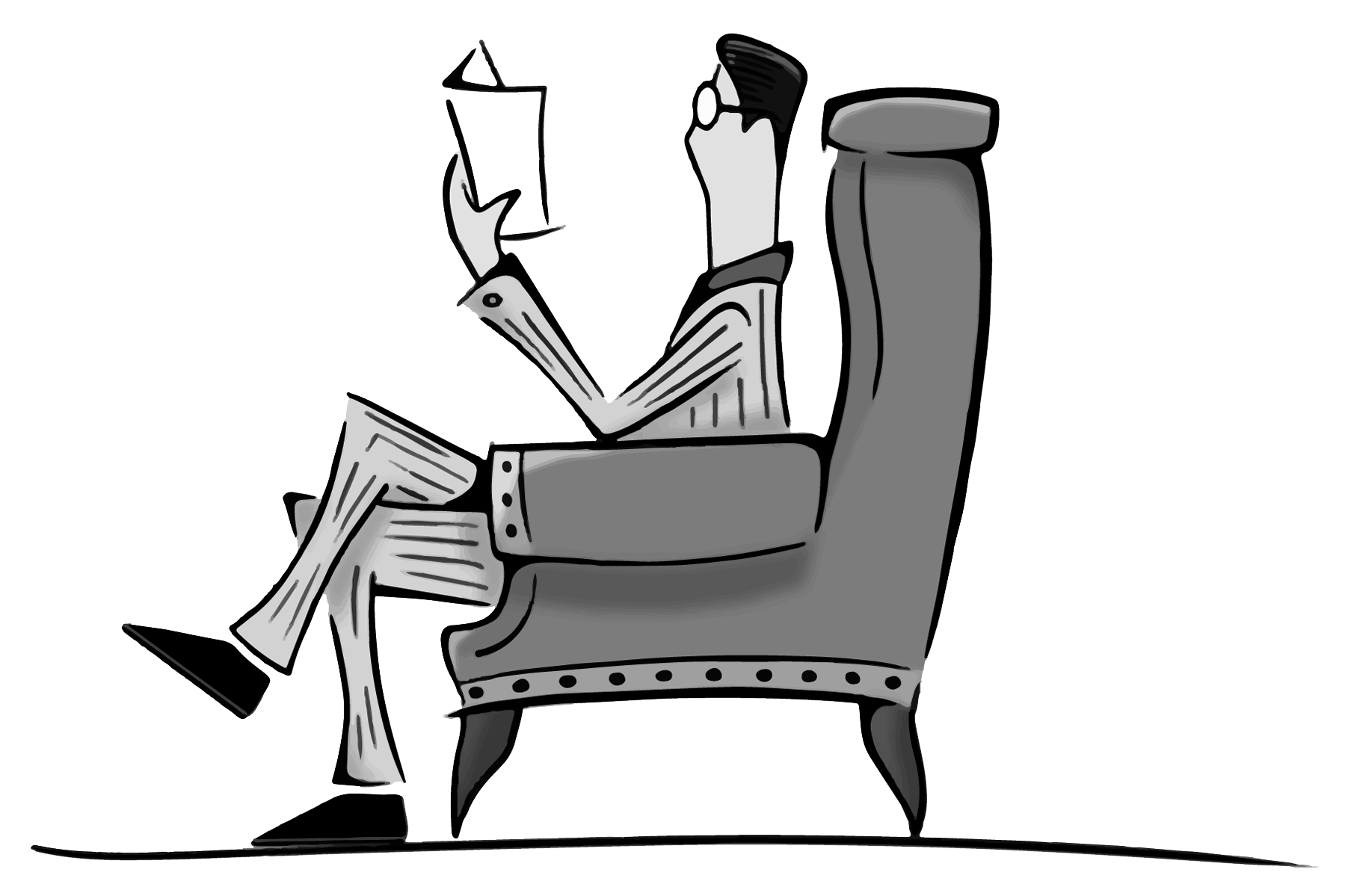Cultural Warfare Against a Dictatorship
The Cuban Communist dictatorship stands today as one of the longest-lasting dictatorship in the world. Started by revolutionaries led by Fidel Castro in 1959, the totalitarian grip over every aspect of society has remained strong, transforming one of the fastest thriving nations in the globe into an impoverished backwater. Even though Cuba, one of the last remaining communist nations in the world, cannot keep their finances in the black and its people suffer from privation of the most basic goods (such as food, medicine, and personal hygiene items) as well as an astounding disregard for human rights, it remains remarkably free of unrest. The main reason of why the dictatorship can keep their abuses without much resistance is their financing of a massive state apparatus that engulfs from the police and military to mass media and communications. This monopoly on power stripped citizens from any fighting or even rallying chance, as it was always easy to isolate, starve, and imprison any subversive elements.
However there has always been a space that communists could never monopolize. This was the cultural realm. The arts are rebellious by nature and motivated by the uncovering of lived experiences and exposing reality. Such nature has always been a danger for the Revolutionary dictatorship and was clearly recognized by Castro from very early on. During the first few years of the Revolution back in the 60s, Fidel Castro made an infamous speech named “For the Revolution, all. Against the Revolution, none.” This was a thinly veiled threat directed to intellectuals and artists, clearly letting them know that dissent would not be tolerated, and the only way in which they could keep producing their art would be to become subservient to the new governmental order. This was one of the early signs that the Revolution was not a liberating force, but rather a new oppressor.
Originally, the dictatorship made sure to prop their own people - bankrolling painters and musicians in order to produce ideologically approved material for the consumption of the masses. The expropriation of all media, such as radio and television, also allowed the Government to have absolute Control of what was produced and by whom. Thus, there was a Communist Party official in every TV set, in every art gallery, and in every recording studio. Nothing could be done without previous Party approval. Everyone who did not conform was either imprisoned or driven off to exile.
As time passed however and the romanticism of the revolution waned amid rampant hunger, poverty, and repression, artists began to rebel. At first it was through subtle remarks made by movie characters or mildly problematic lyrics in a song. Comedians quickly began to rise to prominence, as they reflected the cruel realities of life under a dictatorial regime without directly attacking the head of the snake. Little by little ground was won and openly rebellious artist began to appear. By the late 2000s, a strong underground rap movement had formed, which directly targeted the abuses committed by the dictatorship and demanded its dissolution and the adoption of human rights. These musicians faced all sorts of harassments and the most prominent of them were eventually driven off to exile. However, they opened a road that would soon be traversed by many other artists.
This brings us to the modern day, in which the exiled community has rallied to wage a cultural war against the communist government that has oppressed them and their families for more than sixty years. The policy of exiling everyone that represented an ideological danger to the Revolution concluded with the creation of an expat community that represents more than one third of the entire number of Cubans in the world – and with much more financial power. The exiled community is convinced that open warfare is not a viable option for the overthrow of the dictatorship, and thus has decided to wage a war on culture by exerting political and financial pressure to artists in the hopes they pick one side. Either they go back and serve the communists or defend the rights of the Cuban people. This strategy has paid dividends this 2021, as the song “Patria y Vida” has achieved great popularity while openly demanding for the end to the dictatorship. As well, the movie Plantados (which is based on a true story) has been recently released, exposing and indicting the communist government for the horrid abuses committed to political prisoners.
These have been small steps taken by a community that dreams to one day return to their homeland, once it is free. For decades we have been forced to endure the many abuses committed by evil leaders following evil ideologies whilst holding our families for ransom. At the same time, we have looked in horror at how the communist propaganda machine of the Cuban government has enthralled many influential personalities, thus generating sympathies for their brutal regime. However, this seems to be the dawn of a new resistance, one that instead of wielding rifles wields shares, retweets, and comments. The future of a people that have been denied their freedom for too long now resides on the capture of the narrative and the exposure of the truth via the culture. The future of my former homeland depends on it.
By David Jorge, Cuban Expat. David is a nutritional consultant and co-founder of Hope Initiative Consulting, LLC. David has earned his B.A. in psychology and is interested in cultural analysis, politics, psychology, and philosophy.


